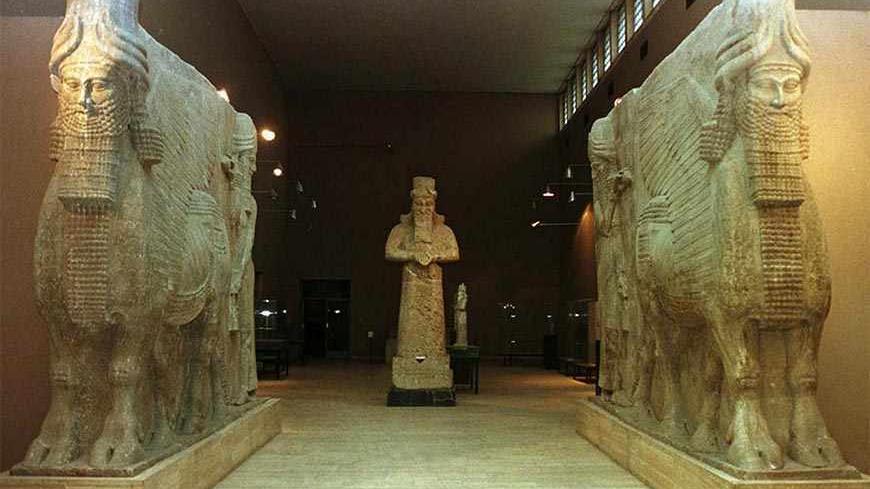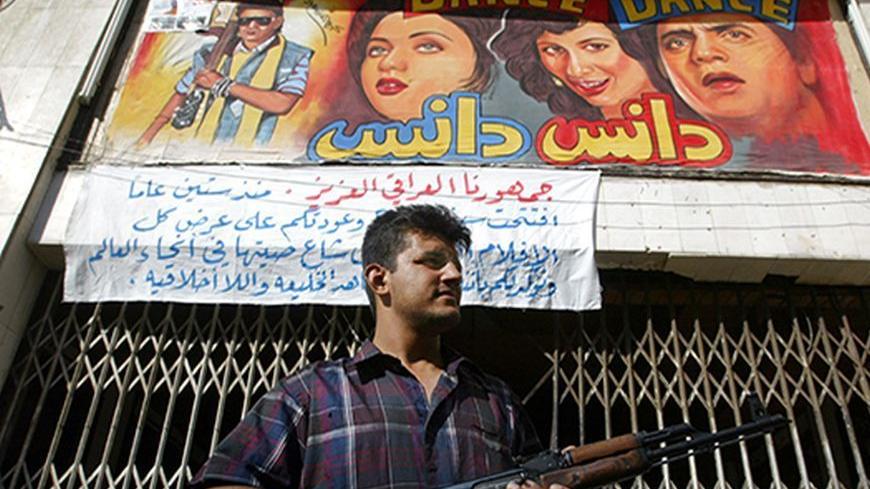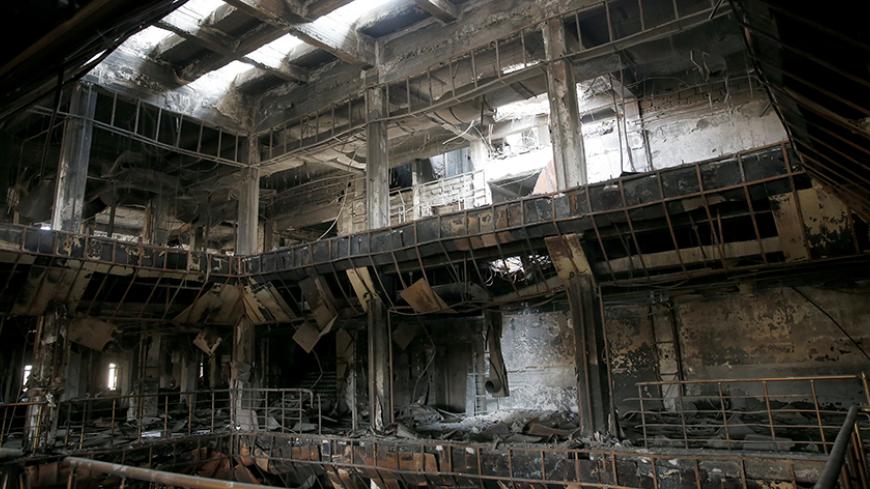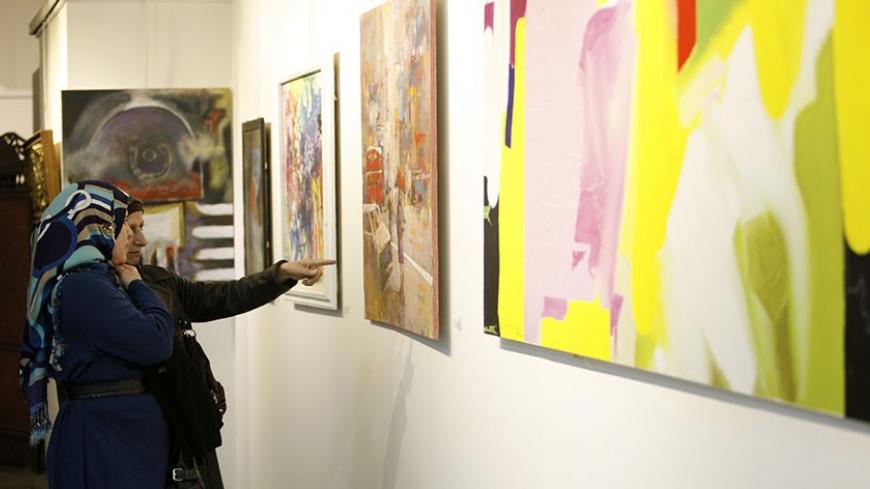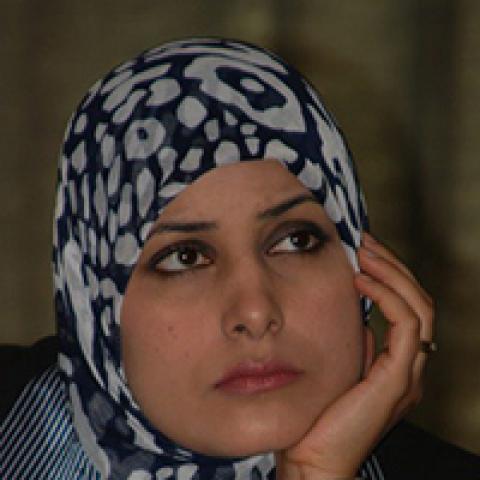![IRAQ General view of the famous Al-Zahawi cafe, a meeting point for intellectuals and bohemians of the Iraqi society at the beginning of the century, in central Baghdad June 5, 2003. [The city is struggling back to life more than seven weeks after U.S.-led forces toppled Saddam Hussein, but chaos still ensues. ] - RTXM0PV](/sites/default/files/styles/article_hero_medium/public/almpics/2014/09/RTXM0PV.jpg/RTXM0PV.jpg?h=f7822858&itok=qLYdcpot)
![IRAQ General view of the famous Al-Zahawi cafe, a meeting point for intellectuals and bohemians of the Iraqi society at the beginning of the century, in central Baghdad June 5, 2003. [The city is struggling back to life more than seven weeks after U.S.-led forces toppled Saddam Hussein, but chaos still ensues. ] - RTXM0PV](/sites/default/files/styles/article_hero_medium/public/almpics/2014/09/RTXM0PV.jpg/RTXM0PV.jpg?h=f7822858&itok=qLYdcpot)
Why AL-Monitor?
AL-Monitor is an award-winning media outlet covering the Middle East, valued for its independence, diversity and analysis. It is read widely by US, international and Middle East decision makers at the highest levels, as well as by media, thought and business leaders and academia.
Read by









Live news & notifications

Premier analysis of the Middle East

Live events & video

Specialized Newsletters

Big, exclusive interviews

ALM archives since 2012
![IRAQ General view of the famous Al-Zahawi cafe, a meeting point for intellectuals and bohemians of the Iraqi society at the beginning of the century, in central Baghdad June 5, 2003. [The city is struggling back to life more than seven weeks after U.S.-led forces toppled Saddam Hussein, but chaos still ensues. ] - RTXM0PV](/sites/default/files/styles/article_hero_medium/public/almpics/2014/09/RTXM0PV.jpg/RTXM0PV.jpg?h=f7822858&itok=qLYdcpot)
Subscribe for unlimited access
By becoming an Al-Monitor subscriber, you drive our team’s rigorous and independent journalism spanning the Middle East.
Continue

